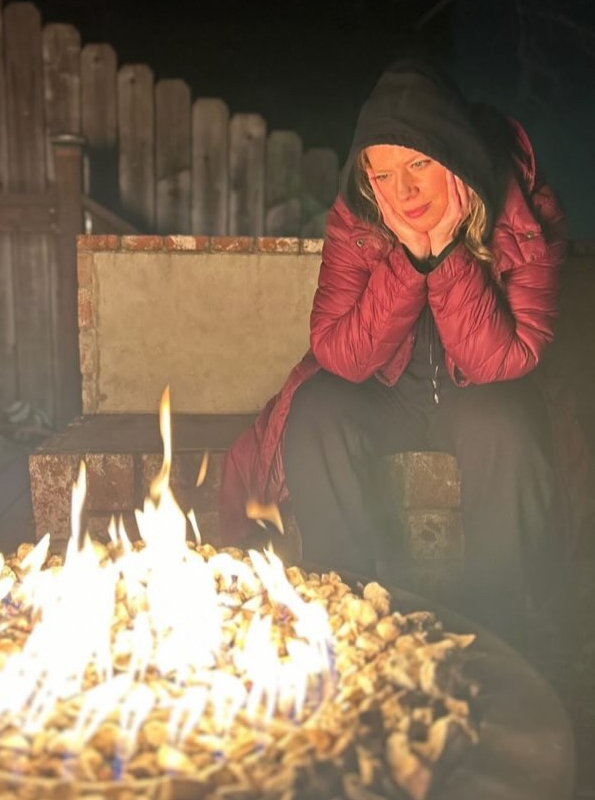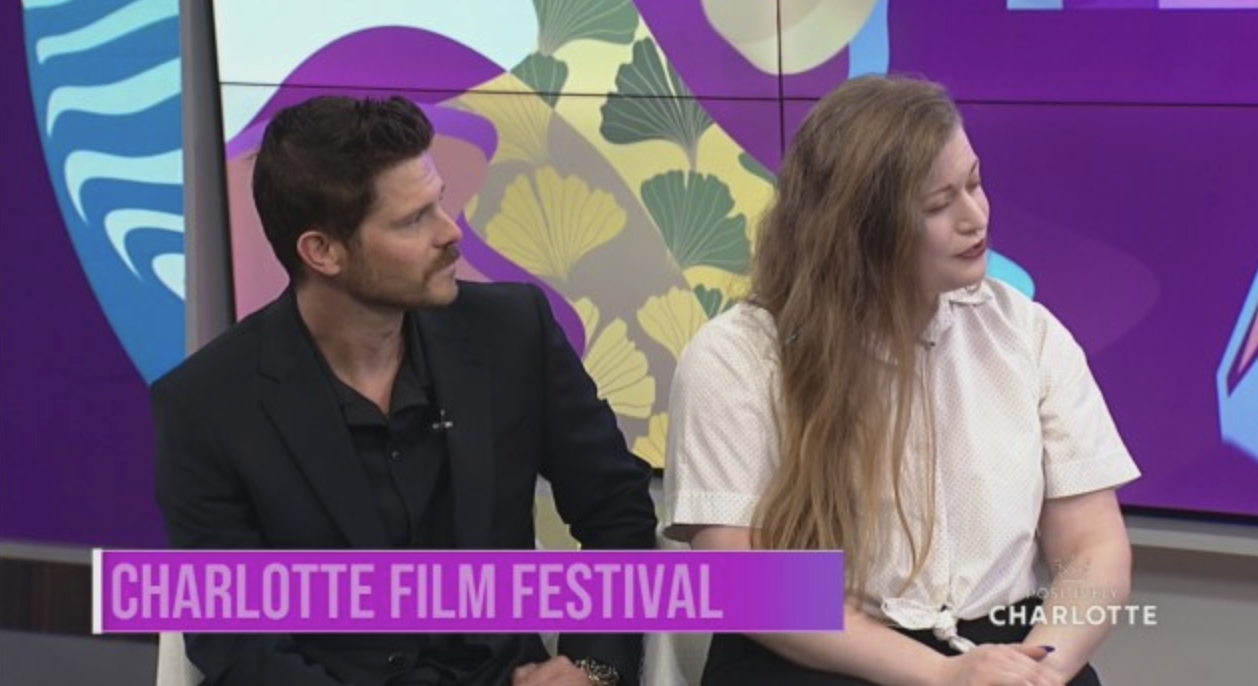Filmmaker Spotlight: Suzannah Herbert (Natchez)
September 16, 2025
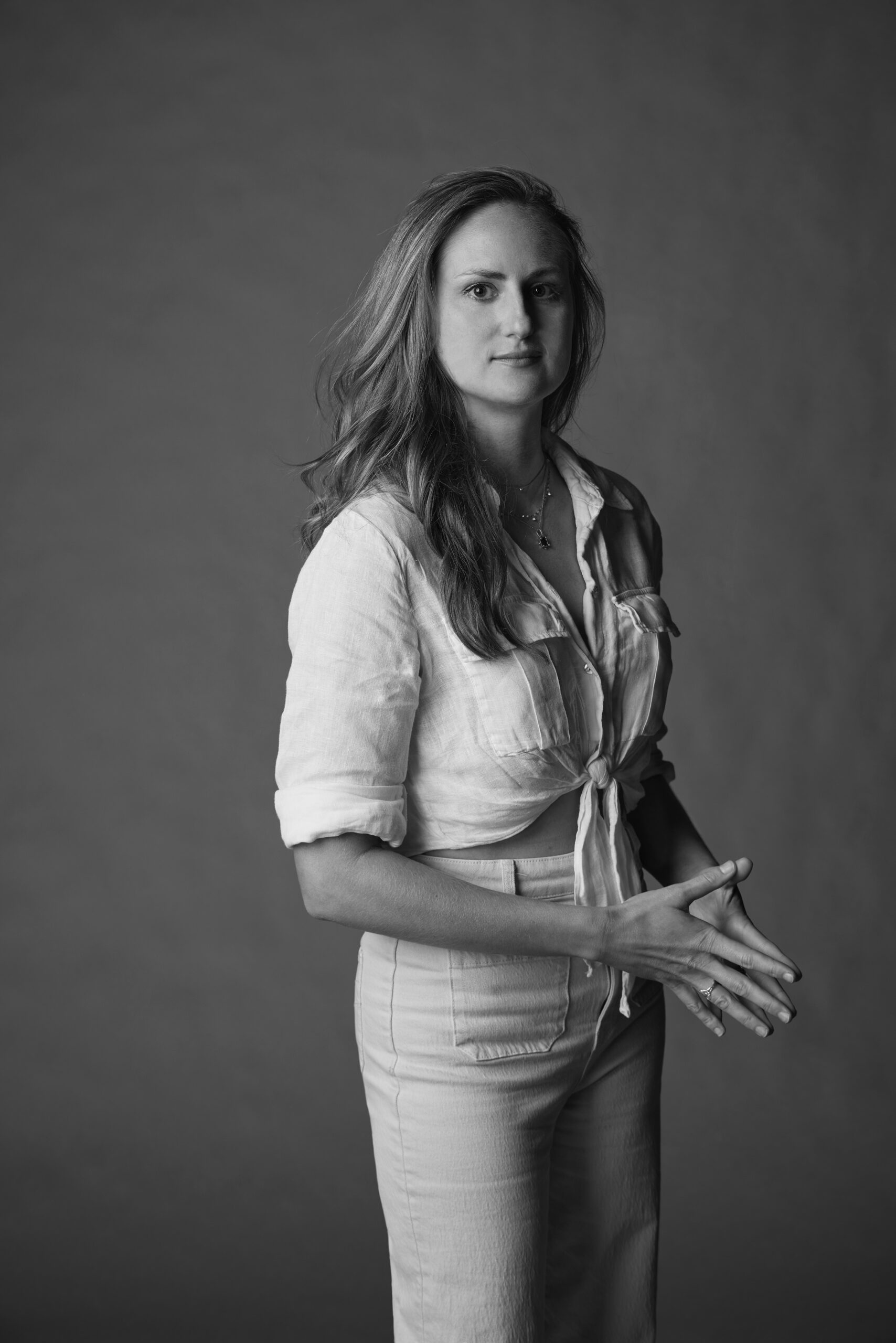
Every year, the Charlotte Film Festival brings bold voices to the screen—but some voices echo off-screen too. In this spotlight, we’re getting to know Suzannah Herbert, whose work caught our eye and stuck with us.
What led you to creating Natchez?
I first became interested in how we tell antebellum American history when I was invited to a wedding on a plantation. I was taken aback, and then started to think more critically about how people use historic sites in a variety of ways, for celebrations and weddings, and in the process, intentionally or not, contribute to the erasure of the difficult histories that those sites contain and represent. I started reading books on Southern history and memory. I did dozens of audio interviews with professionals in the public history space. In 2022, I started spending time in Natchez in earnest. I spent about a month there by myself without a camera. Then cinematographer Noah Collier and I started production in the fall of 2022 and wrapped during the summer of 2024, filming around 100 days. Our longest shoot was 6 weeks straight; that consecutive time was absolutely essential to my process of understanding the town dynamics and becoming intimately involved in a diverse group of people’s lives. We edited from January 2024 until September 2024 (3 days before I gave birth!) and then finished the film this spring.
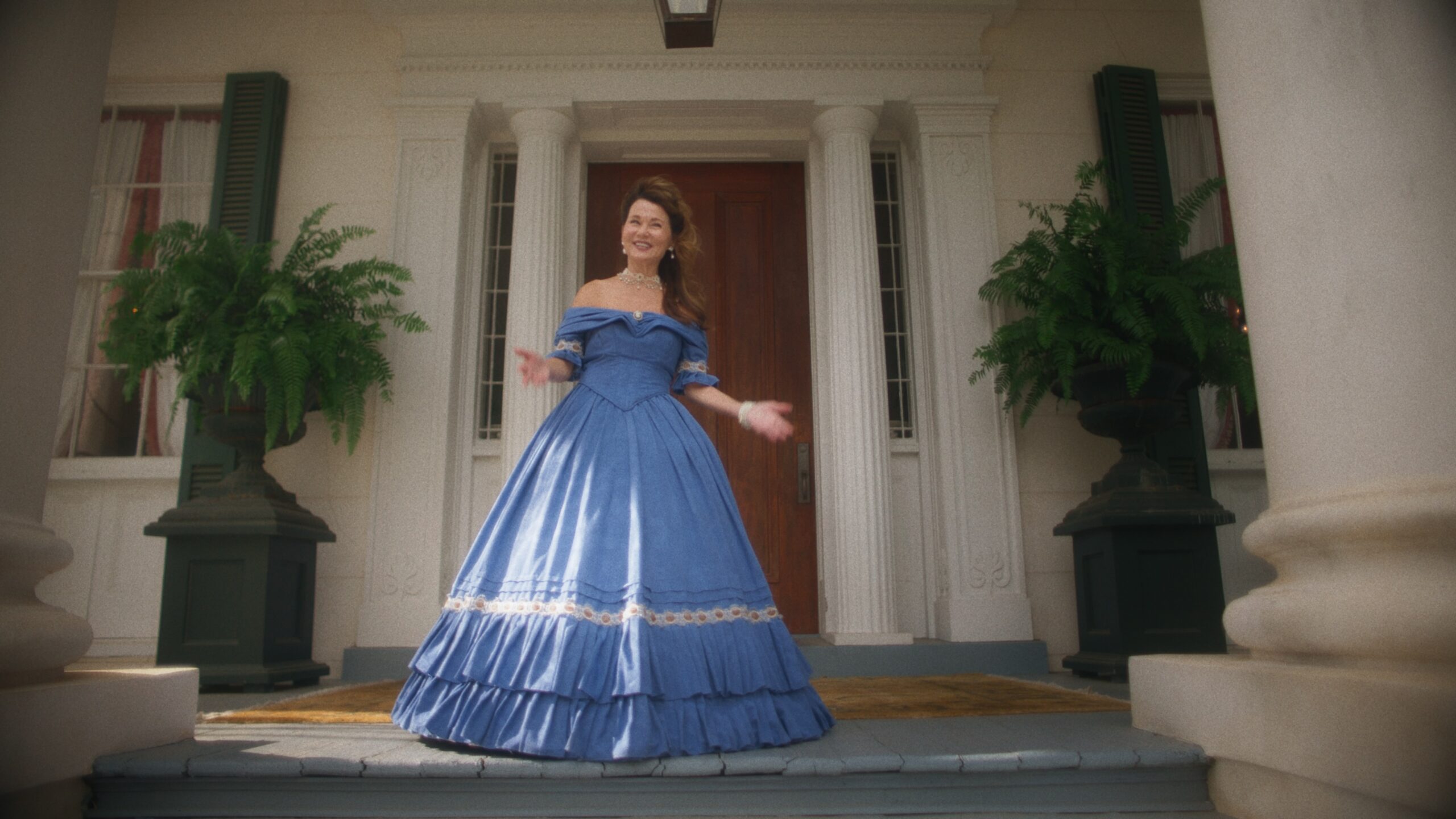
What were some inspirations going into the creative process?
Before we began production, I revisited documentaries that inspired me toward this filmmaking journey over 15 years ago: PARADISE LOST; VERON, FLORIDA; SUD; THE CRUISE. Drawing inspiration from these films’ approaches to themes, people, and place, that captured our complicated collective reality in the fraught moment we are living, NATCHEZ seeks to create a poetic and visually stunning film that engages in difficult conversations with audiences. Visually, I looked to films such as SOME KIND OF HEAVEN; GATES OF HEAVEN, and HALE COUNTY THIS MORNING, THIS EVENING for their intentional framing and stylized approach to storytelling; drawing existential quandaries and cognitive dissonance out of the participants’ lives, rather than approaching as an explainer.
To connect all our participants and antebellum locations and give the audience the lay of the land, the camera (on zoom lenses, inspired by Altman’s NASHVILLE) follows REV’s tour van around town as a transition device between scenes. For movement and whimsy, we rigged cameras to a variety of the tour vehicles around town – Rev’s van, a horse carriage, pontoon boat, golf cart and booze pedal cruiser.
Our sonic landscape lands us somewhere between WHITE LOTUS, GONE WITH THE WIND, and EUPHORIA – the experience of watching this film should be one of furrowed brows and slight discomfort throughout, as we watch a place which has sat eerily removed from time be dragged into the present and, maybe, the future, whether or not some of its residents want to go there.
Tell us what you hope the audience gets from Natchez?
The existential conversation about the role history plays in our lives is concentrated and at the forefront in Natchez, but underlies the American experience regardless of where you live. NATCHEZ is for Americans who perhaps have not considered why it is important to accept and learn a history that acknowledges all perspectives. It’s for small cities who are struggling to survive. It’s for all Americans reckoning with how our own experiences and understandings of history may be vastly different than those of our neighbors.
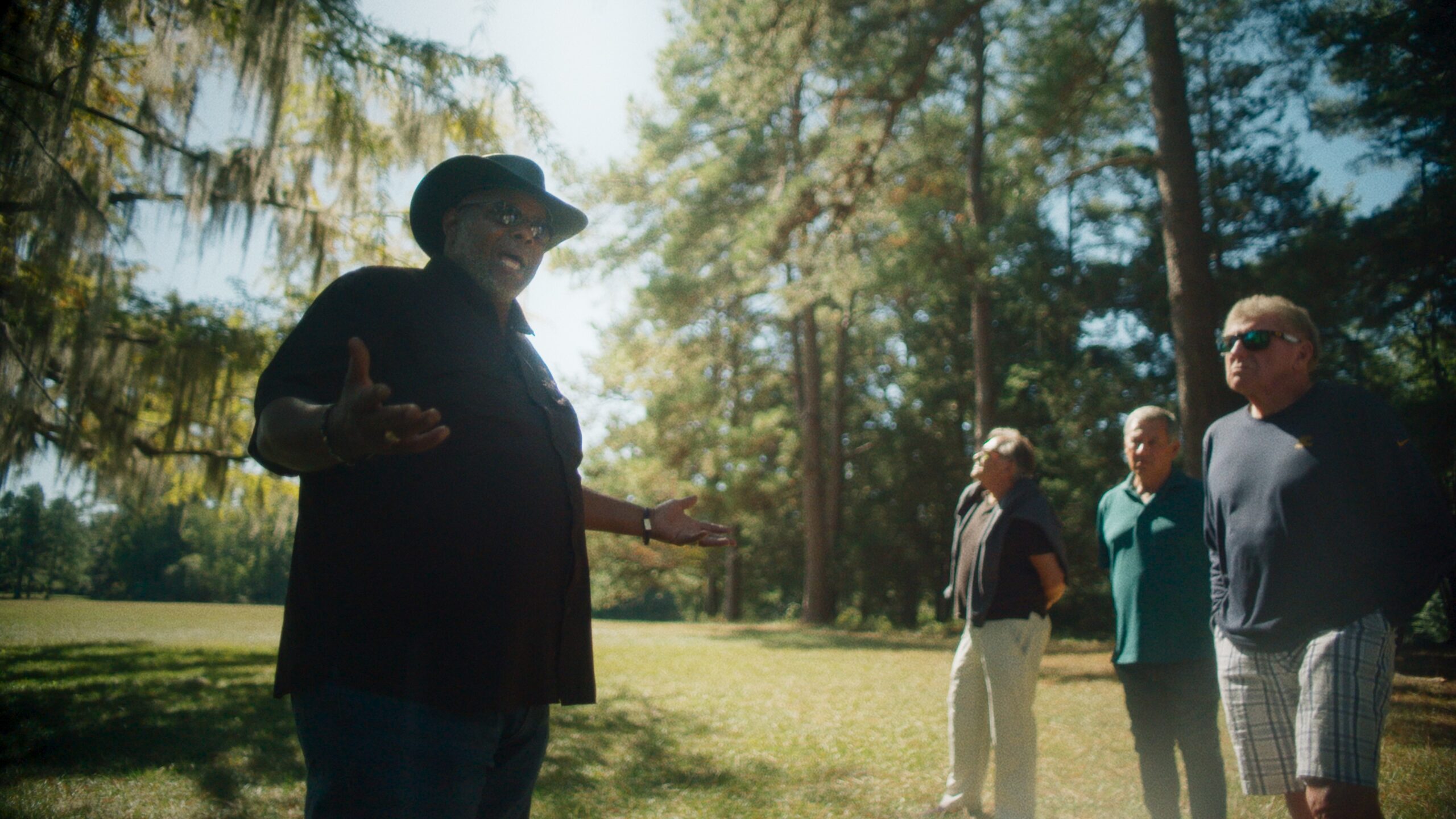
Why is a story like this important to tell?
Over many years of interviewing tourists, tour guides, scholars and local Natchezians, there was one line I heard repeatedly: We must know our history or we are bound to repeat it. It was a cliché I grew tired of hearing, but in 2025 it couldn’t feel more relevant. People from all walks of life, all political persuasions, ages, classes and races, expressed this same sentiment to me. While ultimately my film never utters these words, it does make clear that the past is very much alive for everyone. It’s a powerful force that shapes our interactions with each other and how we all hold onto power, identity, history and memory. And no matter how beautiful we try to make it all look, the reality of the hurt and pain millions of Americans have endured can never be erased. This past lives too deep within each and every one of us.

 tweet
tweet share
share